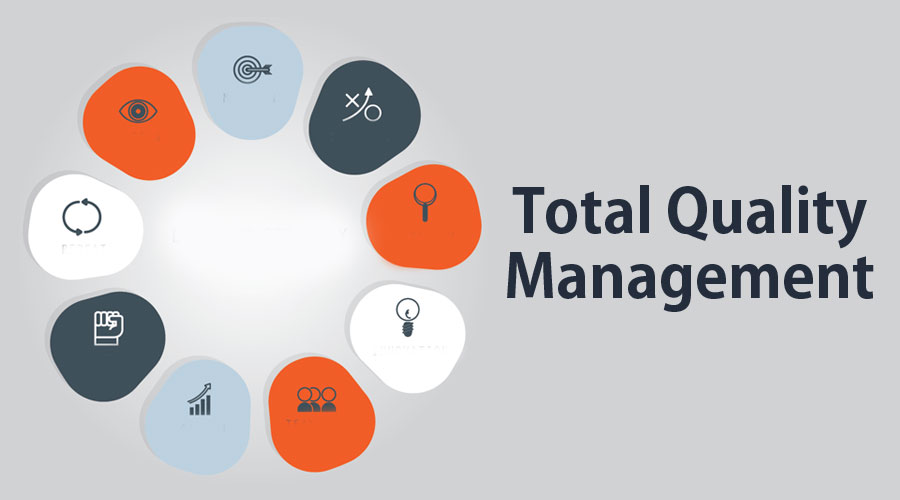Quality Management is not just a simple process that you can implement in your business. It’s more than that. Total Quality management is a way of thinking and working, which will help you improve the quality of your products/services as well as improve the processes within your organization. The outcome of properly implemented tqm is that products and services meet customer needs and quality requirements. As a result of this customers get everything delivered on time, within budget and according to predefined standards. The following are the most important factors to consider when implementing Total Quality Management:
-
Management commitment and understanding:
This is the key to success in any Total Quality Management program. It is the combination of a sincere desire to achieve total quality and a genuine understanding of what it takes to do so. Managers must be able to explain their position clearly, provide feedback on performance issues, understand the impact of their decisions on employees, and take responsibility for problems that occur as a result of poor management practices.
The most important factor for total quality management is the management’s commitment to it. Without a strong commitment from all levels of management, there is no way that TQM can be successful. The company must understand that its success depends on its ability to produce high-quality products and services in an efficient manner. The company must also understand that this commitment must be shared by all employees across the organization. Total quality management is not just about making a claim about quality or setting up a system for monitoring or controlling quality. It’s about changing the way people think about the quality and the way they act on their beliefs about what is important in their work. The first step toward total quality management is to change the way employees think about the quality of their work and how they can improve it. Total quality management starts with an understanding that management has a responsibility to ensure that products and services meet customer needs and expectations, that customers value products and services accurately, and that employees are properly trained to produce them at an acceptable level of quality. New members of the management team should be explained the meaning of total quality management so they have a good understanding of it.
Click here – 5 Benefits of Tamba Water Bottle
-
Customer focus
Total Quality Management focuses on the customer as part of its overall strategy. It ensures that products or services are consistently high quality, reliable and competitively priced so they can be sold at full value by offering what customers want most – value for money. Customers are usually more than willing to pay extra to receive quality products or services, especially when they know that doing so will allow them to obtain better results from their money than if they purchased standard products or services from less reputable suppliers who may not have been able to meet their needs completely satisfactorily. The key to a successful TQM program is focusing on customers and their needs rather than focusing on internal processes or procedures. This means that every decision made by an employee should be made with customer focus in mind as well as looking at how an action will affect customers or clients.
-
Employee involvement and participation
A total quality management system is one that is driven by employee involvement, participation and input. It must be based on the needs of the employees and their work environment. The TQM system should provide a high degree of employee involvement in decision-making processes. It also should encourage employee involvement at all levels within the organization.
-
Communication and open culture
If you ever wondered what is business environment then the answer is simple, it has good communication and culture. Communication between employees, managers and supervisors can help foster a climate of trust and mutual cooperation. This helps create an open culture that enables people to share information openly and honestly with one another, which in turn can lead to greater productivity and innovation.
Additionally, a cooperative and open culture fosters an environment where everyone can openly communicate with each other without fear of repercussions or reprisal from management if they do not agree with an idea or perspective expressed by an individual or group within the organization.
Click here – What Are The Common Reasons Behind Cheap Safety Shoes Buying?
-
Continuous improvement
The goal of total quality management is continuous improvement in product design, manufacturing process and service delivery methods so as to improve customer satisfaction with each passing day or month. This can only be achieved through continuous improvement efforts on all levels within an organization from top management down through each department in charge of production or distribution activities.
